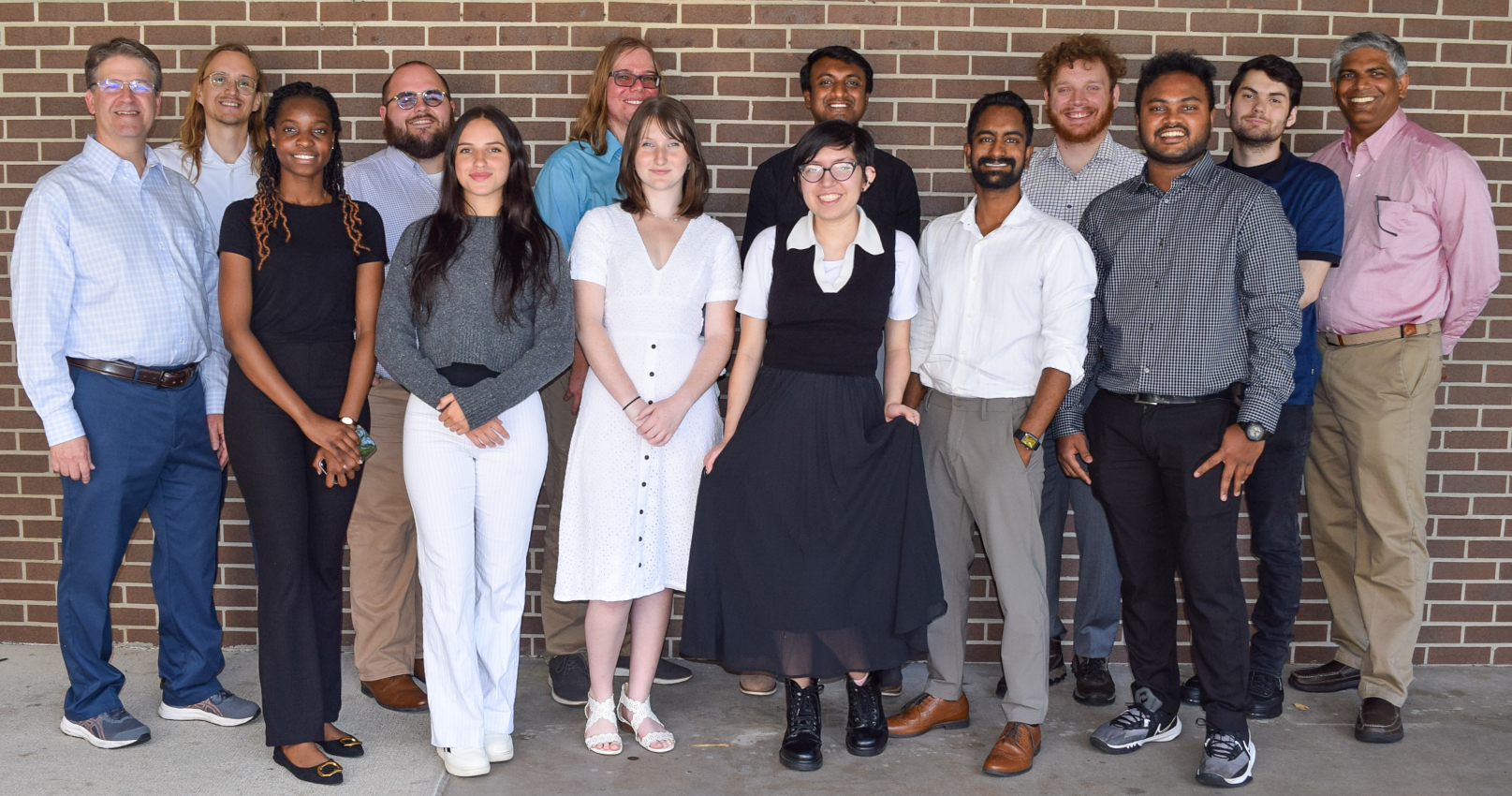
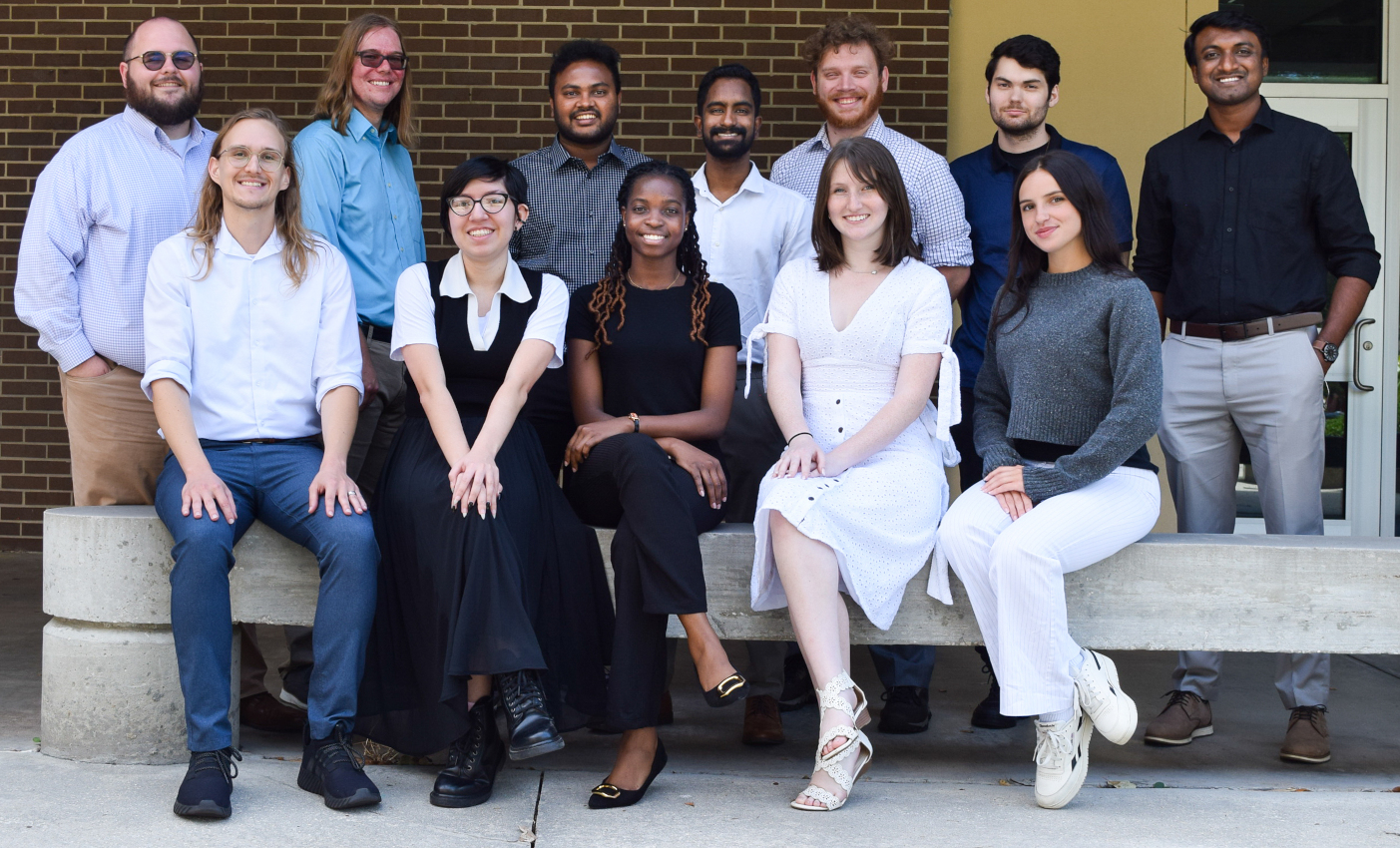
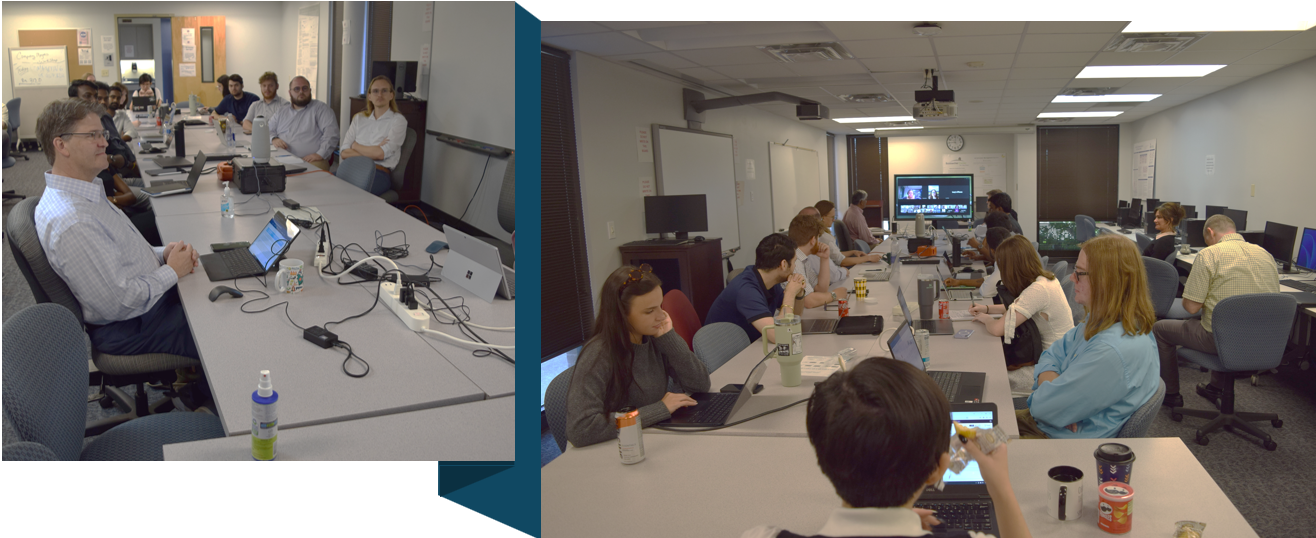
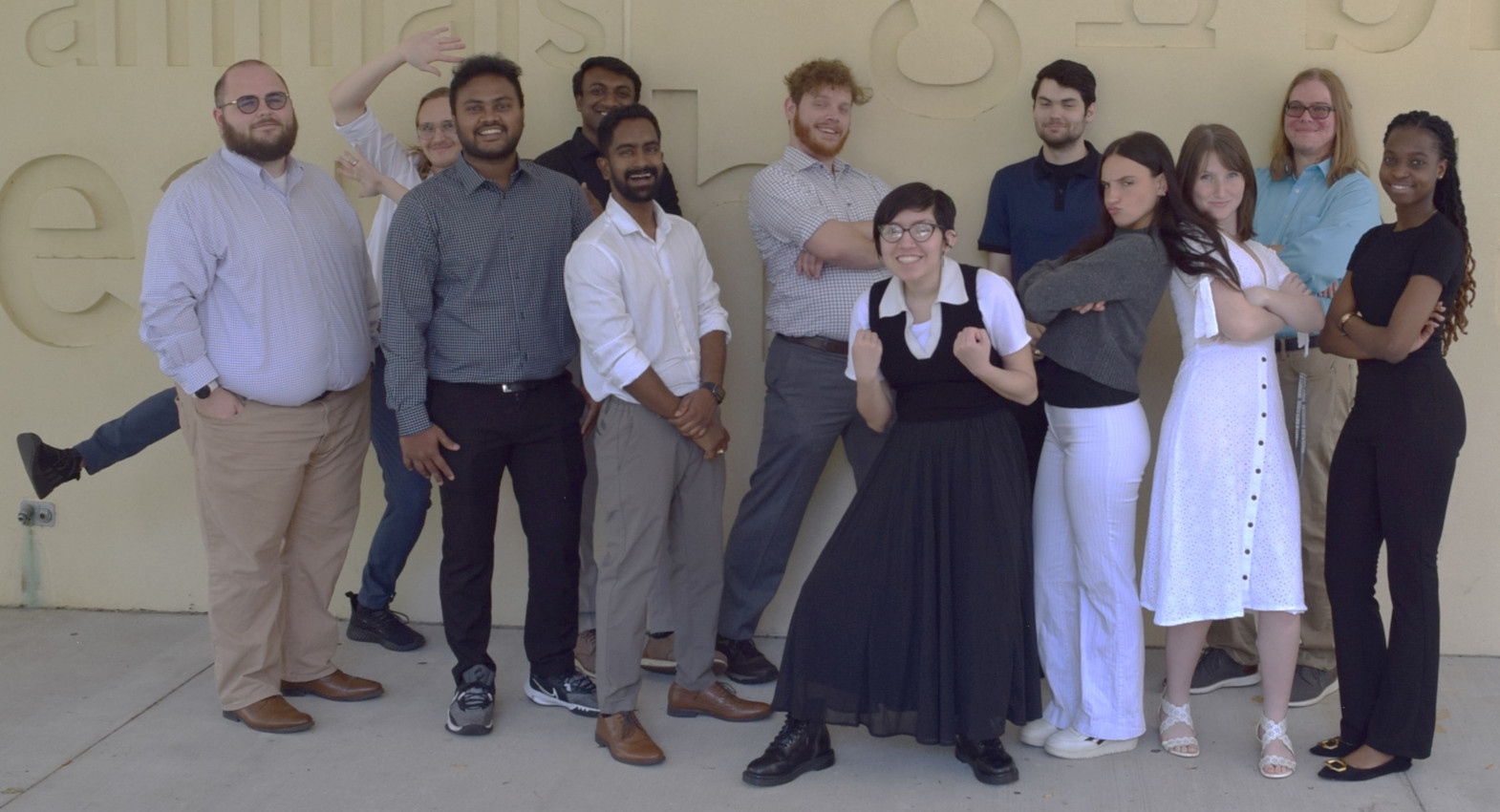
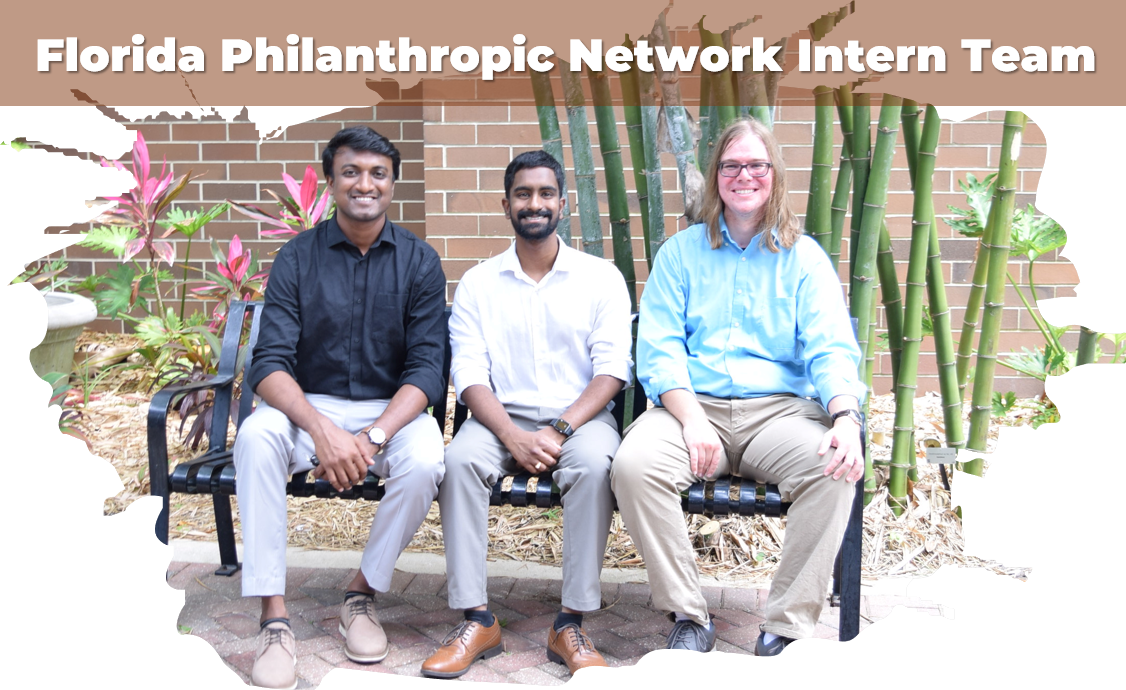
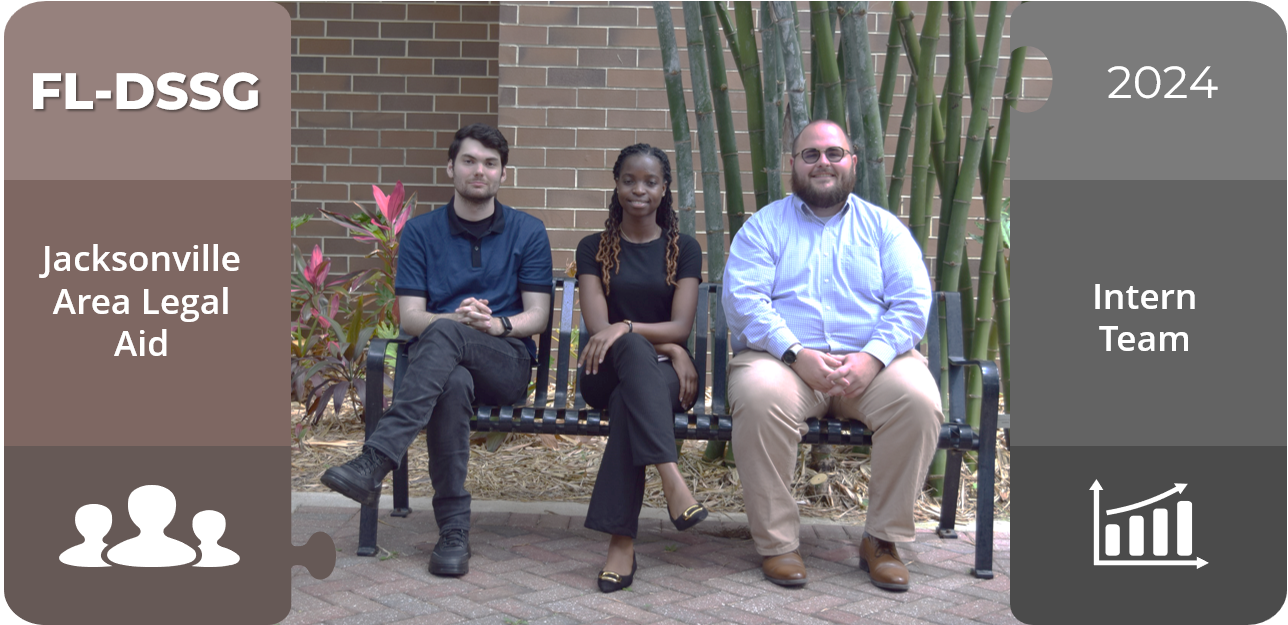
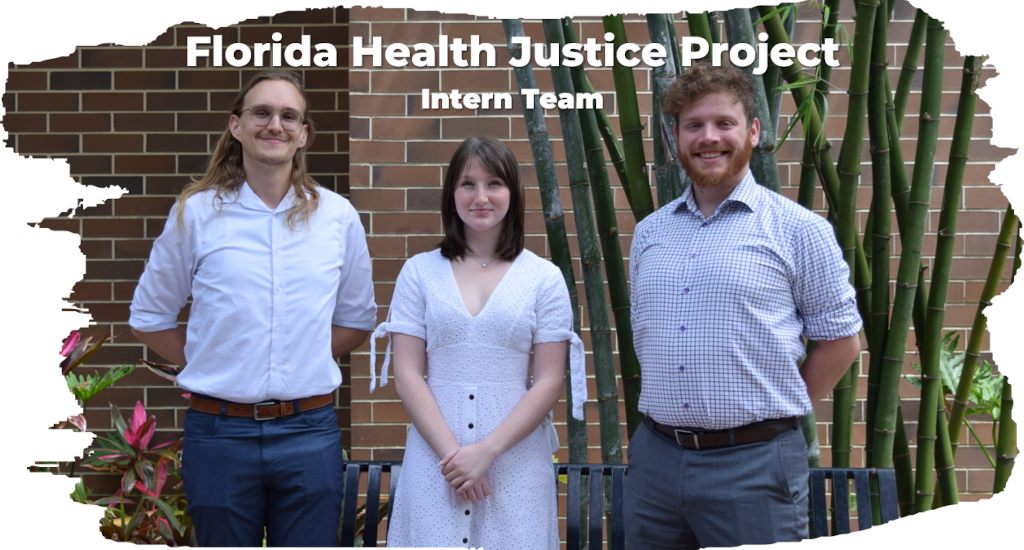
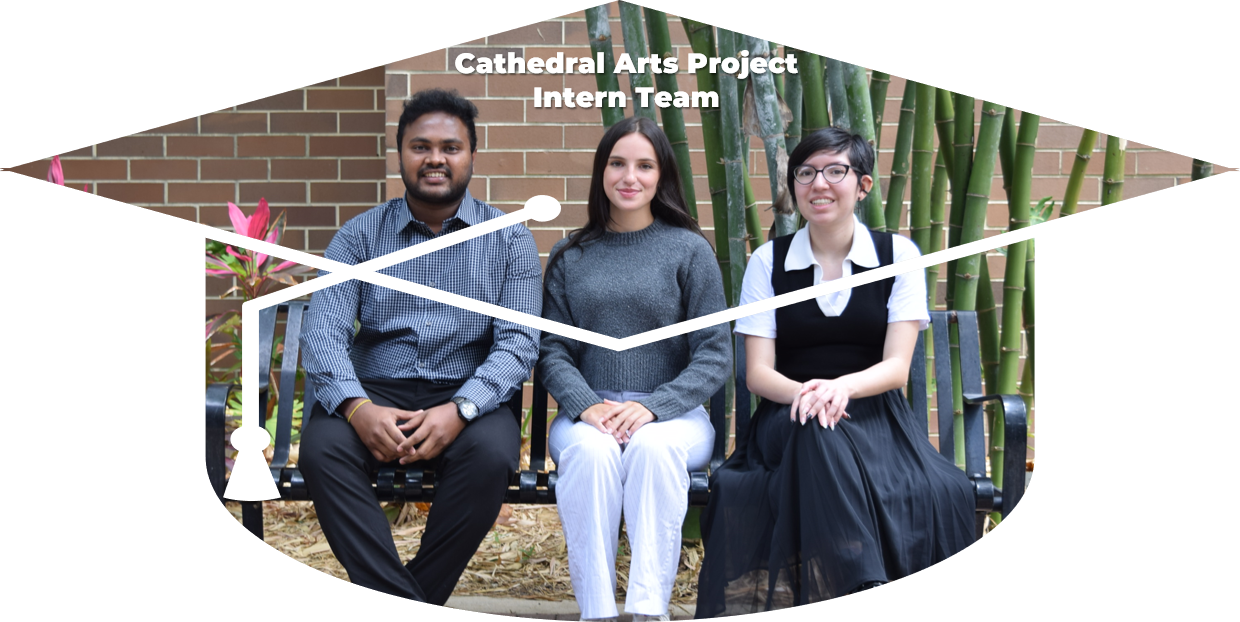
The Florida Data Science for Social Good (FL-DSSG) program is an intensive 12-week internship that invites students to tackle data-rich projects with the potential for substantial social impact. The 2024 program is a fully in-person internship. The 2024 FL-DSSG program supported 12 interns from various disciplines and four nonprofit organizations in Florida. The 2024 FL-DSSG summer internship program was hosted at the UNF campus from June 3 to August 23, 2024. Interns presented the project results at an open-to-public Big Reveal event on August 21 at the WJCT Studios. Various industry and community organizations sponsored the 2024 FL-DSSG program. Dr. Dan Richard from the Department of Psychology and Dr. Karthikeyan Umapathy from the School of Computing spearhead the FL-DSSG program.
We are truly grateful to the following industry and community partner sponsors for their support. Their generous donations were used to give stipends to the DSSG interns who work on projects that benefit Florida communities.

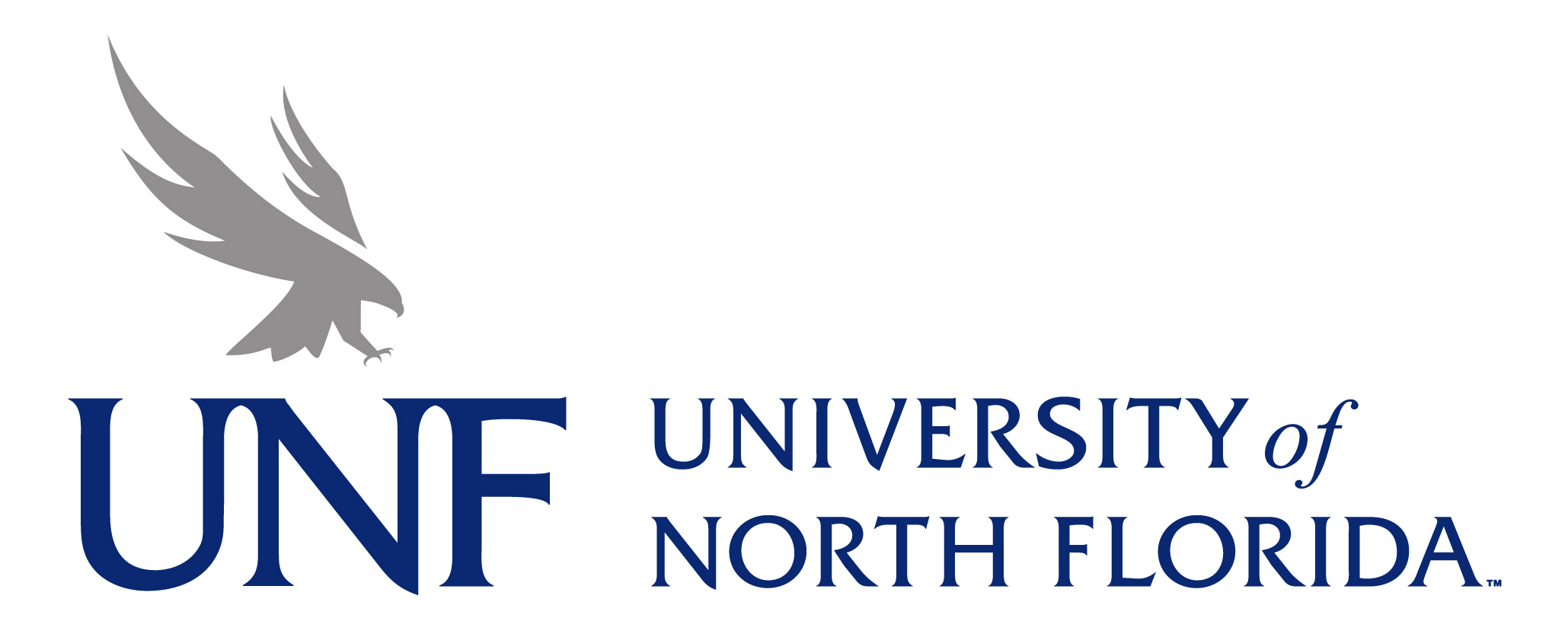
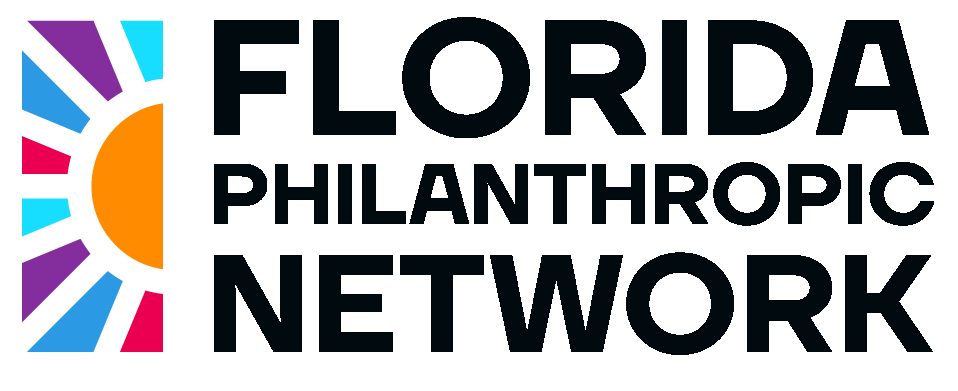








FL-DSSG projects address wicked problems that have been persistent social issues in Florida communities. FL-DSSG program obtains relevant data from the community partners pertinent to the issue and assists partners in making data-driven decisions for addressing their wicked social problem. Wicked problems addressed in the 2024 program include implementing a rubrics-based scoring mechanism and providing feedback for the after-school arts program, conducting targeted deep dive analysis of census undercounts in a select few Florida counties, creating a proof of concept system to extract home eviction court cases within a day of posting, and developing a dashboard for visualizing patterns of Medicaid coverage in Florida.
Cathedral Arts Project (CAP) instructs, instills, and inspires through various offerings, including after-school, school day & summer programs, cultural experiences, advocacy, community partnerships, and professional development. Children receive free quality, standards-based instruction in dance, media arts, music, theatre, and visual arts through CAP programs. CAP offers in-person and virtual programs to children across Duval County and beyond, including public schools, community centers, and partner sites.
To further the LEAD (Landscape of Education on the Arts in Duval) research, CAP and its partners will continue their work in the Arts in Schools Celebration rubric and feedback system. This system will be used for measuring and understanding access to the arts in Duval County. The Arts in Schools Celebration system will provide a quantitative summary score that measures and tracks each school's progress and shows actionable pathways for schools to improve their arts offerings with community partners and key stakeholders. This system should help with generating a deep understanding of arts education landscape in Duval County while leveraging existing resources and community relationships to ensure every Jacksonville student, in every grade, has equitable access to the arts as part of a high-quality education.
DSSG and CAP found correlations between the number of arts offerings, arts disciplines, arts education, students enrolled in arts courses and school grades as assigned by the Florida State Department of Education. By including whether schools fund the arts as part of its Arts in Schools Celebration designation and art school report, CAP will be able to make visible the impacts of resource allocation choices on students' arts learning experiences, or lack thereof. The Arts in Schools Celebration designations and art school profiles will make it easy for families, educators and community stakeholders to assess the robustness of each school's arts education.
Florida Philanthropic Network (FPN) was integral in the formation of the collaborative effort created to raise awareness of and participation in the 2020 Census. A steering committee of funders and nonprofits led the statewide effort, which raised nearly $2M dollars from both Florida based and national funders, to be regranted to 67 organizations in 40 Florida counties, with a specific focus on unrepresented communities based on Census tract information. Steering committee members included FPN, Florida Nonprofit Alliance (FNA), New Florida Majority Education Fund, Community Foundation of Palm Beach & Martin Counties, Urban League of Broward, Ventus Charitable Foundation, State Voices Florida 501c3 Civic Engagement Table, and the Wallace H. Coulter Foundation. This group accounted for a “delta” of over 250,000 vis a vis the self-response rate in 2010. At present, FPN is co-leading an effort to lengthen the runway to the 2030 Census. According to Florida Tax Watch, Florida’s population was undercounted by 3.48% in the2020 Census, which means Florida could lose up to $11B in federal funds by the end of the decade. To provide more information about how to prevent this from happening in 2030, FPN worked with FL-DSSG in 2023 to understand who was undercounted in each Florida county the 2020 Census.
In the 2024 project, FPN would like to delve deeper into 5-10 of the top undercounted counties to understand what populations are making up these undercounts and where they are located (e.g., identifying zip codes). If we can understand more about the counties with the worst undercounts, FPN and its partners will have more information about where we should focus our efforts towards 2030 and locate the communities where we can have the greatest impact on preventing an undercount in the next Census, which is the primary goal of this work.
The mission of Jacksonville Area Legal Aid (JALA) is to provide high quality legal assistance to low income and special needs groups – to empower them to accomplish energetic and affirmative advocacy, all to alleviate the circumstances, incidents and causes of poverty and discrimination.
The Problem: Perhaps the greatest challenge to providing legal services to at-risk populations is the unacceptable time lag between the onset of the legal issue and the eventual contact with a lawyer who is willing and able to address it. This challenge is magnified with traditionally underserved populations who sometimes lack the trust, desire, or means necessary to identify an exigent legal issue and contact a lawyer. It’s the difference between finding a tumor at Stage 1 vs. Stage 4. The outcomes skew wildly negative the later we react.
The Project: JALA requests support for a pilot project to launch a capacity building data aggregation and analytics tool with an end result of preserving and building wealth for residents of the Eastside/Out East communities (ZIP codes 32202, 32206, 32209, the “Impact Zone”), a highly segregated and economically challenged area. We request for a proof of concept application that will gather and filter data from public sources, such as the Clerk of the Court, Property Appraiser, and Code Enforcement as well as JALA’s internal case management database, LegalServer. The innovative component of this pilot project is the ability to target outreach to those most at risk in real time, particularly in housing cases. We expect this project to impact economically challenged areas with the identification of heirs’ properties, preventable evictions and foreclosures, post hurricane scams, among other issues.
Florida Health Justice Project (FHJP) recognizes that access to quality and affordable health care is a human right and engages in comprehensive advocacy to expand healthcare access and promote health equity for vulnerable Floridians.
The Florida Health Justice Project (FHJP) embarks on a critical initiative aimed at addressing a persistent and complex issue within the health care sector: the accessibility of health care and the expansion of Medicaid to close coverage gaps across Florida.
In Florida, as in many parts of the United States, healthcare accessibility and Medicaid coverage remain at the forefront of public policy challenges. The state grapples with substantial disparities in healthcare access, where a significant portion of the population finds itself in coverage gaps— too wealthy to qualify for Medicaid yet unable to afford private insurance. These coverage gaps not only exacerbate health inequalities but also place an undue economic strain on families and communities, leading to adverse health outcomes and widening the gap between different socio-economic groups. The project's primary objective is to leverage public data to identify and illustrate the healthcare coverage gaps in each county within Florida.
Students work as DSSG Interns in a 12-week, paid internship program. Interns from multi-disciplinary backgrounds work as a team to help community partners make data-driven decisions. Interns receive valuable experience with data management, analysis, technology, and community needs. Interns are supervised by DSSG program directors and receive guidance from industry mentors as well as faculty project leads.
FL-DSSG Mentors, referred to as Sherpas, are industry leaders who help interns take the right steps and complete the project successfully. Sherpas work along with program directors to mentor interns on industry best practices for solving data science problems, advise program directors on work plans, and provide technical guidance on project tasks.
Katie Bakewell has been working at NLP Logix as Lead Statistician. During her time at NLP Logix, Katie has built machine learning models that do everything from predict the likelihood of a wound healing to forecasting maintenance and supply line needs for the F-35 fighter jet. As with the rest of the NLP team, Katie strongly believes that Data Science is a team sport! Katie holds bachelors degrees in mathematics and statistics and a masters in mathematical science from UNF (swoop!) where she focused on time series analysis and DNA computing.
Relevant expertise: clustering, classification models, natural language, statistical analysis, and data visualization
Technologies: Python, R, T-SQL, Tableau, and PowerBI
With over seven years of experience in data science and machine learning, I am a Director Consulting Expert at CGI, a global leader in IT and business consulting services. I lead a team of data scientists and engineers who build and deploy innovative automation and forecasting solutions for clients across various industries, such as banking, finance, and insurance. I am passionate about applying data science and machine learning to solve real-world problems and create value for businesses and customers.
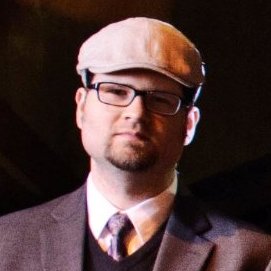
Jay Lewis has held multiple analytics roles for more than a decade in banking and organizational psychology. A Tableau user since 2012, Jay has been a regular contributor in the North Florida Tableau User Group, a guest speaker at Tableau's annual conference, and a 3-time Tableau Viz of the Day winner. He came to visual analytics from a media and journalism education, earning a B.A. in media studies from Washington University, an M.B.A. from Webster University, and an M.A. in media communications from Webster University. He also taught coursework on media research methods as an adjunct at Webster.
Victor C. Li grew up in sunny Los Angeles among traffic and taco trucks, raised by a computer scientist and a statistician - shocking the world when he became a data scientist. He froze (yet thrived) in Providence for his undergraduate years at Brown University where he earned an Sc.B. in Statistics and was involved with sports analytics, opioid research, orchestral music, poker, and a brief stint in catering. During college, he interned back home with UCLA Men’s Basketball assisting with their data collection and reporting and at Paramount Pictures building machine learning models to predict how films will perform at the box office. After graduating in 2017, Victor moved to Jacksonville to work as an Advanced Analytics Developer for the Jaguars and after two years has almost gotten used to the humidity.

Laurel Wainwright is an innovative solutions specialist and change management analyst with a data focus on environmental services, disease control efforts, and public policy recommendations. She uses management science techniques to provide solutions to complex business problems and has experience working in multiple industries. Her expertise is childhood literacy data examination through grant funded work and promotion of environmental stewardship. Laurel is currently finishing her master’s degree in Public Policy at Jacksonville University.
Faculty leads work along with FL-DSSG program directors to assist interns in solving problems related to data science and good social projects. Faculty leads provide subject-matter expertise on project tasks and engagement with community partners.
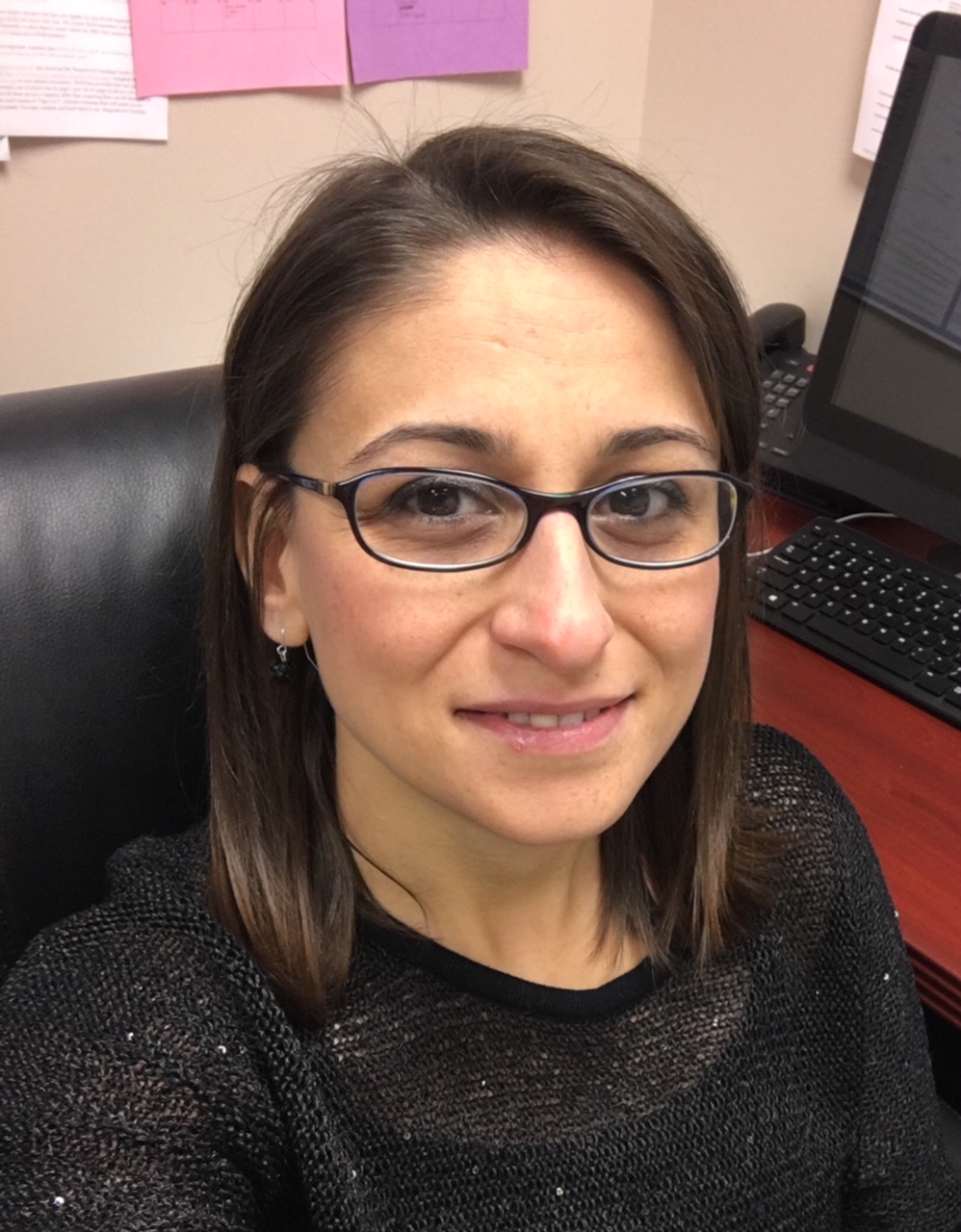
Beyza Aslan is an Associate Professor of Mathematics and the Director of the Math Center at the University of North Florida. She received her Ph. D in Applied Mathematics from University of Florida. Dr. Aslan’s research focuses on lightning modeling, lightning data analysis, and data analysis and pattern recognition for mitochondrial disorders to improve the diagnostic process.
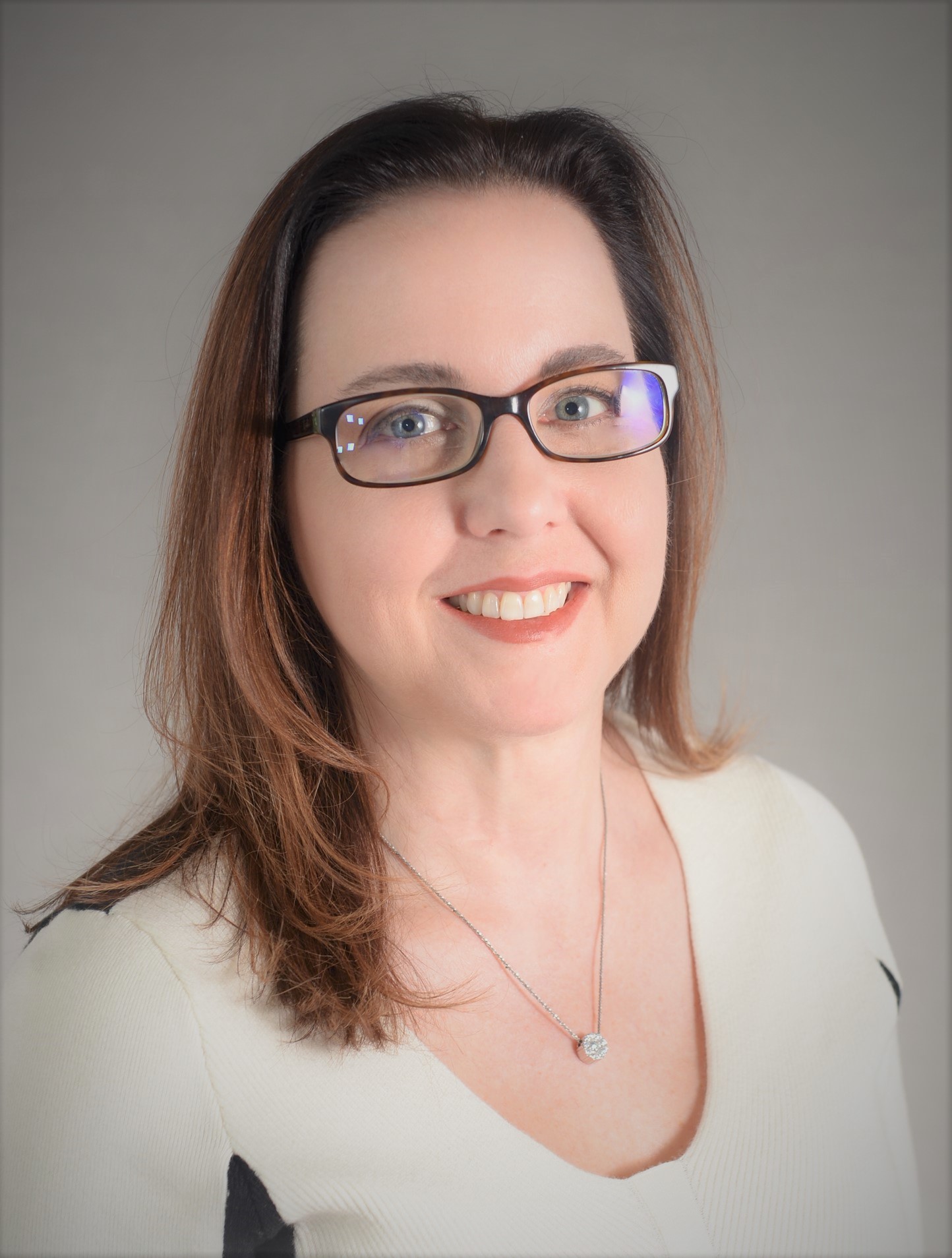
Dr. Michelle DeDeo is an Associate Professor in UNF’s Department of Mathematics and Statistics and a Research Collaborator with Mayo Clinic - Jacksonville. Dr. DeDeo’s research involves interdisciplinary computational science, which intersects data science, number theory, theoretical physics and chemistry, engineering, and statistics. She is a published author (see ORCID) with a demonstrated history of statistical and data science work with clinicians and researchers. Recent data science projects include analyzing the survivability of patients with glioblastoma, prediction of pediatric seizures, and studying the effects of opioids in Northeast Florida using data science and statistics. Her work has earned her several grants and awards, including a Deans Fellowship, UNF’s Outstanding Teaching Award, a $1.6M DOE Teacher Quality Program grant as a Co-PI, and others. Dr. DeDeo presents nationally on her research and, most recently, has been invited to be a Keynote Speaker at the 3rd Annual Conference on Data Science, Analytics, and Artificial Intelligence in Boca Raton, FL.
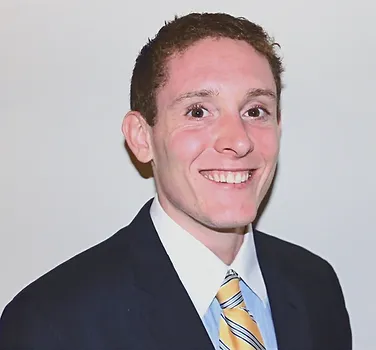
Dr. Charlie Fitzsimmons received a B.S. in Psychology from the University of North Florida and a Ph.D. in Psychology from Kent State University. Dr. Fitzsimmons is a cognitive-developmental psychologist who studies the way people learn, think, and solve problems across the lifespan. Much of his work focuses on how people (mis)understand numbers, their self-regulated learning and awareness of their own knowledge, and the individual differences related to thoughts and feelings about numbers and math. He also studies the way people think about and understand numbers outside of educational contexts, such as when they see health statistics, whether errors can be reduced with visual displays, and how knowledge can be gained through training.
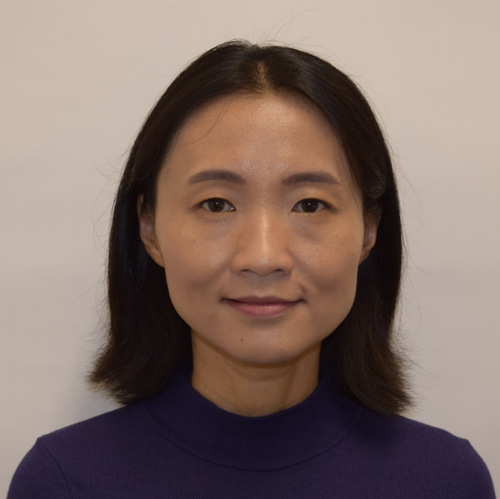
Haiyan Huang received her Ph.D. in Information Sciences and Technology from the Pennsylvania State University. She also earned a M.S. in Ceramic Science and Engineering from New York State College and a B.S. in Materials Science and Engineering from Central South University in China. Before joining Flagler College, Dr. Huang has taught at Michigan Technological University, Purdue University Calumet, and the Pennsylvania State University. Her primary research interests include Web usability and user experiences, IT adoption, diversity of IT workforce, global information systems development, and virtual collaborations. Dr. Huang has published more than 30 journal articles, book chapters, and conference papers. Her research was recognized by a journal publication award and a best conference paper award. Dr. Huang is also in charge of managing and coordinating the Management Information Systems (MIS) programs at Flagler College.

Dr. Indika Kahanda is an Assistant Professor in the School of Computing at University of North Florida, where he directs the BioMedInfo (bioinformatics and biomedical informatics) lab. Prior to that Dr. Kahanda worked as an Assistant Professor in the Gianforte School of Computing at Montana State University. He received his Ph.D. in Computer Science from Colorado State University in 2016 in the area of Bioinformatics, a Master of Science in Computer Engineering from Purdue University in 2010, and a Bachelor of Science in Computer Engineering from University of Peradeniya, Sri Lanka in 2007. Dr. Kahanda's research interests lie in the areas of Bioinformatics and Biomedical Informatics. He focuses on the application of machine learning and natural language processing techniques to solve problems involving large-scale biological, molecular, and biomedical data. In particular, he investigates approaches to (1) develop computational methods for functional genomics, and (2) develop natural language processing and text mining tools for biomedical literature. Current projects include developing computational tools for Pangenomics, and automated contradiction detection in biomedical literature.
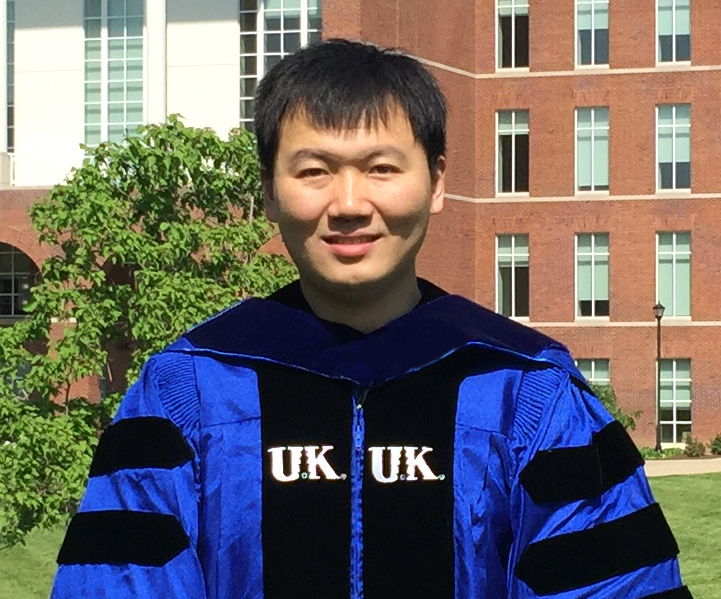
Dr. Xudong Liu is a tenure-track assistant professor in the School of Computing at the University of North Florida, and a visiting researcher at Xerox PARC. He earned his Ph.D. in Computer Science from University of Kentucky in 2016, and his B.Eng. in Software Engineering from Harbin Institute of Technology in 2010. Dr. Liu’s research mostly has been about solving both theoretical and practical problems on decision making, using tools and methods found in Artificial Intelligence, Computational Social Science, and Computational Complexity Theory. His research results have been published, or accepted for publication, in premier venues in Artificial intelligence such as the AAAI Conference on Artificial Intelligence, the International Joint Conference on Artificial Intelligence, and the Annals of Mathematics and Artificial Intelligence. Dr. Liu’s Erdős number is 3, and he is an AAAI member.
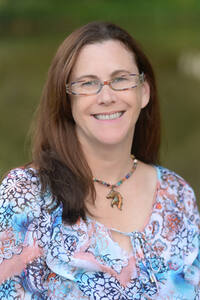
Katryne Lukens Bull, MPH is an Instructor in the Department of Public Health and the Program Director for the BSH in Public Health. She has worked in the field of public health including at the Arizona State Department of Health Diabetes Control Program, the Washington State Department of Health in the Office of the Secretary, and for the Florida Department of Health in Duval. She was at the University of Florida, College of Medicine Jacksonville in the Office of Research Affairs, Center for Health Equity and Qulaity Research for over 10 years. She is actively involved with the community including Drug Free Duval, the School Health Advisory Council (SHAC), JaxYouthEquality.org and other LGBTQIA+ organizations, the Northeast Florida Lactation Coalition, Horse Sense and Sensitivity which provides theraputic riding. She is also involved internationally in Europe & Southeast Asia.
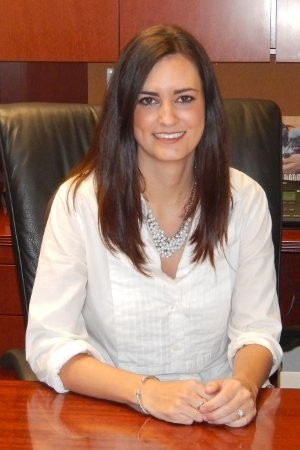
Amanda Blakewood Pascale is an Associate Professor of Higher Education Administration within the College of Education and Human Services at the University of North Florida. Dr. Pascale holds a Ph.D. in Higher Education Administration as well as a graduate certificate in Quantitative Methods in Education from the University of Tennessee. Her research examines cultures conducive to success in higher education milieus and the praxis of ideas that promote university community success particularly for those who are underrepresented or in transition. Dr. Pascale routinely teaches graduate level courses in quantitative and qualitative methods as well as assessment in higher education. She is an advocate of the use of data and assessment to inform decisions, practice, and policy in educational settings.
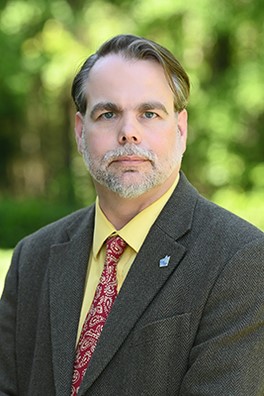
Gordon F.M. Rakita is a bioarchaeologist and Professor of Anthropology in the Department of Sociology, Anthropology, & Social Work. He also serves as Director of Academic Technology at UNF. Prior to joining the faculty at UNF he was Principal Investigator and Analytical Director for SWCA Environmental Consultants of Flagstaff, Arizona. He is Associate Editor for the journal Bioarchaeology International. He earned his B.A. in Anthropology from University of North Carolina at Greensboro and his M.A. and Ph.D. in Anthropology from the University of New Mexico. In 2016 he was named the junior laureate of the Lloyd Cotsen Prize for Lifetime Achievement in World Archaeology. His areas of expertise include bioarchaeology, anthropological approaches to mortuary and other ritual behavior, analytical data management and statistical analyses, emergent social inequality and complexity, and evolutionary theory.
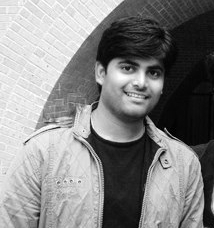
Sandeep Reddivari is an Asssociate Professor in the School of Computing at the University of North Florida. He received his Ph.D. in Computer Science and Engineering from the Mississippi State University. Dr. Reddivari's research interests include software engineering, visual analytics, information retrieval, data mining, text mining, healthcare data analytics, and visualization and virtual reality in healthcare. Dr. Reddivari’s expertise is in data pre-processing, clustering, summarization, visualization, and outlier detection.

Di (Richard) Shang is an Assistant Professor of Business Analytics at the Coggin College of Business, University of North Florida. He currently conducts research on: Business analytics, healthcare analytics, and cloud computing services. Shang received his Ph.D. in Business – Information Systems from The Graduate Center, City University of New York. His research has been published in leading peer-reviewed journals such as Journal of the Association for Information Systems, Decision Support Systems, International Journal of Electronic Commerce, and Journal of Medical Internet Research.

Dr. Wanzhu Shi is an Assistant Professor in UNF’s Department of Political Science and Public Administration. Her research interests focus on Nonprofit Management and Fundraising, Using Social Media in Public Administration, and Public Health Management. Dr. Shi published in Journal of Public Affairs Education, International Journal of Public Administration in the Digital Age, and American Journal of Criminal Justice. Currently, she also serves as the board member for ASPA’s Nonprofit Section.